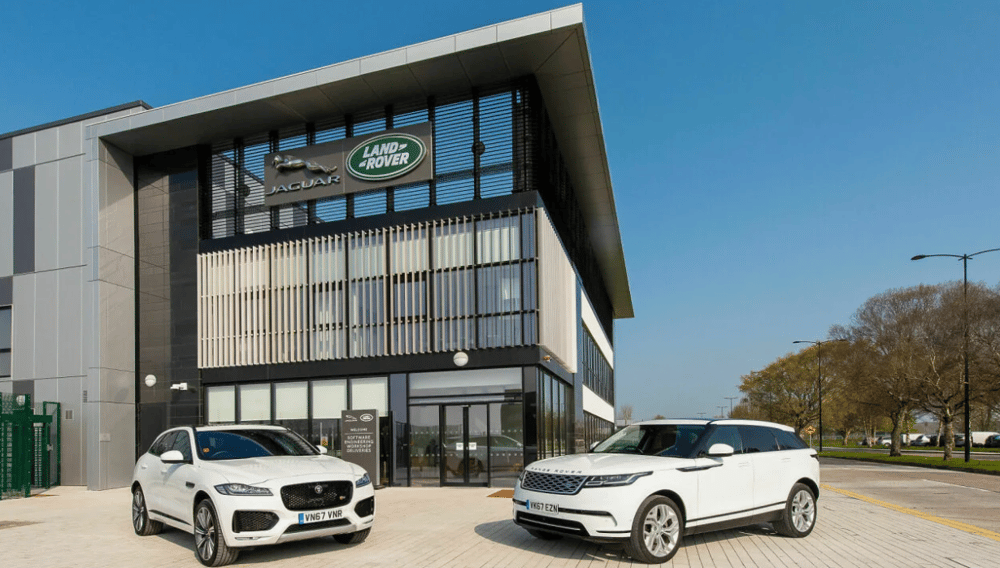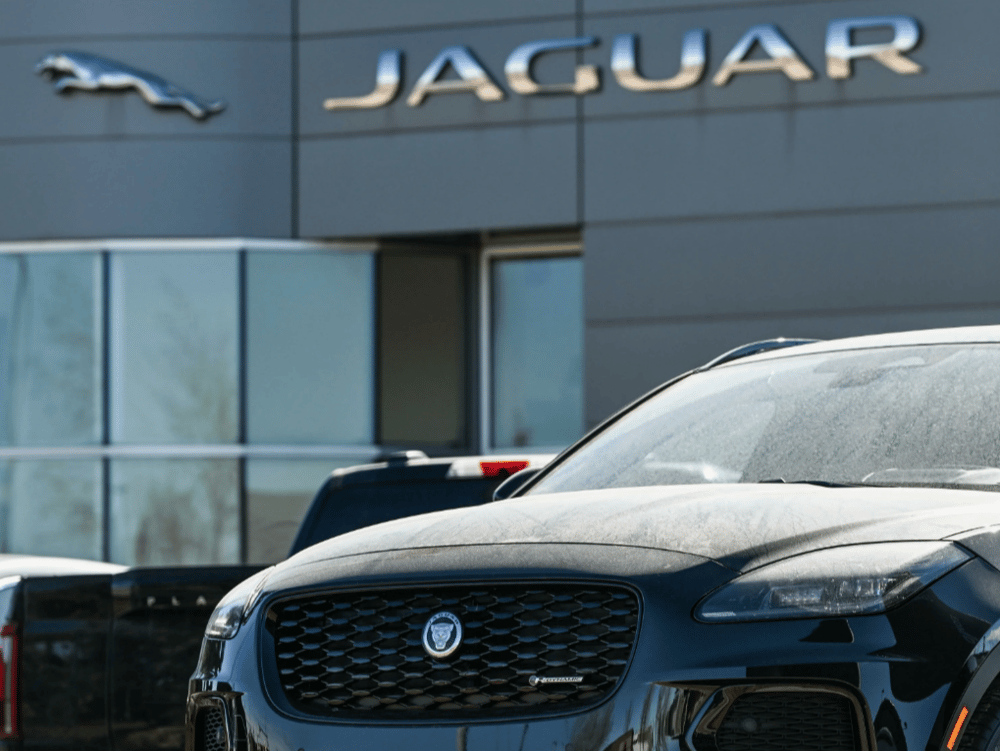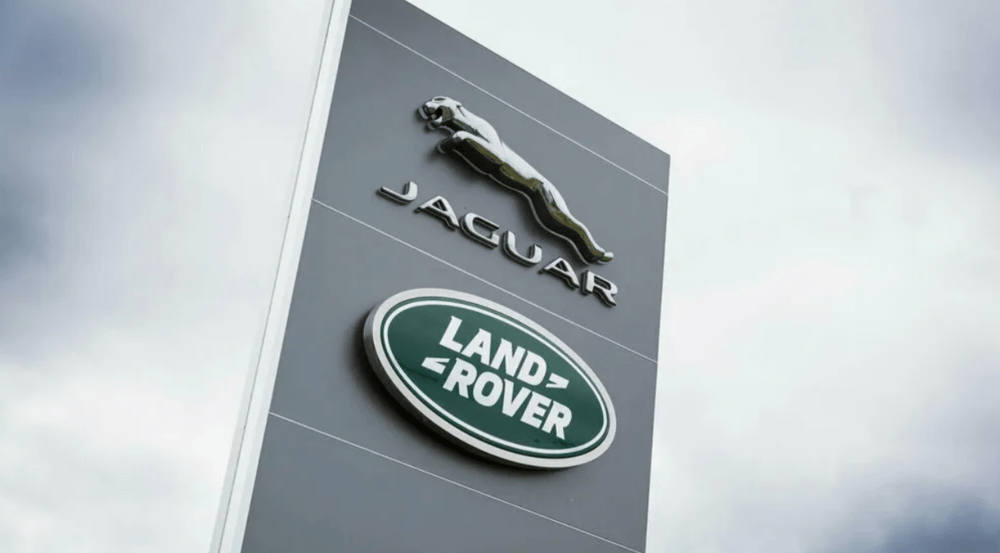Jaguar Land Rover Lowers FY2026 EBIT Margin Forecast Amid U.S. Tariff Uncertainty
Jaguar Land Rover (JLR), the British luxury automotive manufacturer and subsidiary of Indian conglomerate Tata Motors $TATAMOTORS.NS, has downgraded its earnings before interest and taxes (EBIT) margin forecast for fiscal year 2026 to 5%-7%, down sharply from the prior estimate of 10%. This adjustment reflects mounting uncertainty in the global automotive sector, notably stemming from the prospect of U.S. tariffs on imported vehicles and components. Following the announcement, Tata Motors shares declined by as much as 5.2% in early trading, signaling investor concerns over profitability pressures in JLR’s core business. The new margin guidance also falls below JLR’s reported 8.5% EBIT margin in the fiscal year ending March 31, underscoring a more cautious outlook for the luxury carmaker amid ongoing macroeconomic and trade-related headwinds.
Analysis of Jaguar Land Rover’s EBIT Margin Downgrade and Its Consequences for Tata Motors and the Auto Industry
JLR’s revised EBIT margin forecast between 5% and 7% for FY2026 indicates a notable deterioration in profitability expectations, highlighting risks posed by potential U.S. tariffs. Tariffs could increase import costs, squeeze margins, and reduce competitive pricing power in one of JLR’s key markets. This is compounded by persistent supply chain disruptions, rising raw material costs, and intensified competition in the luxury automotive segment.
Tata Motors, as JLR’s parent company, is directly impacted by JLR’s financial performance. The 5.2% share drop reflects market apprehension about Tata’s earnings visibility and growth trajectory given JLR’s critical contribution to its consolidated results. The downward revision also underscores the vulnerability of global automakers to geopolitical risks and protectionist trade policies, which could reshape supply chains and pricing strategies worldwide.
Moreover, JLR’s lowered EBIT margin target is significantly below the 8.5% margin achieved in the prior fiscal year, signaling increased cost pressures and a possibly slower recovery in sales volumes. This comes at a time when the automotive industry is also facing the transition toward electric vehicles (EVs), requiring substantial capital investment which could further strain near-term margins.

Jaguar Land Rover’s FY2026 Margin Revision and Market Impact
📉 Revised EBIT margin forecast: 5%-7% for fiscal 2026 (previously 10%)
📉 FY2025 reported EBIT margin: 8.5%
📉 Tata Motors (TAMO.NS) share decline: Up to 5.2% post-announcement
🌍 Main risk factor: Potential U.S. tariffs on imported vehicles/components
🏭 Additional pressures: Rising raw material costs, supply chain issues, competitive luxury auto market
⚡ Industry challenge: Capital demands from EV transition
Tata Motors Shares Weigh on JLR’s Profitability Concerns
The market’s negative reaction to the EBIT margin downgrade reflects broader concerns about JLR’s ability to sustain profitability amid a volatile trade and regulatory landscape. Analysts emphasize that the looming U.S. tariffs represent a substantial uncertainty, as they could materially increase costs and impact sales in North America, a crucial market for Jaguar Land Rover’s premium models.
Industry experts also highlight the intensifying competition from other luxury automakers such as BMW $BMWYY, Mercedes-Benz $DDAIF, and Audi, which are aggressively expanding their electric and hybrid vehicle portfolios. JLR’s profitability outlook depends on how efficiently it can manage these cost headwinds while accelerating its EV transition.
Additionally, Tata Motors’ share price dip signals investor caution not only on trade risks but also on the capital intensity of automotive innovation, especially as JLR invests heavily in electrification and digital transformation to remain competitive.

Implications of JLR’s Revised Forecast for Investors and Industry
EBIT margin cut to 5%-7% underscores heightened cost and tariff risks.
Tata Motors faces near-term profit pressure due to JLR’s margin downgrade.
U.S. tariff threat adds significant uncertainty to JLR’s North American operations.
Competitive pressures intensify amid luxury EV market expansion.
Capital expenditures on electrification may weigh on future margins.
Jaguar Land Rover’s Margin Downgrade Highlights Challenges in Global Auto Industry and Implications for Tata Motors
Jaguar Land Rover’s reduction of its fiscal 2026 EBIT margin forecast reflects significant headwinds facing the luxury carmaker, primarily due to the risk of U.S. tariffs, supply chain disruptions, and increasing competition. This has materially affected Tata Motors’ stock performance, revealing investor concerns about profitability and growth in a complex geopolitical and industry landscape. The margin downgrade not only signals short-term challenges but also highlights the strategic pressures on legacy automakers to manage costs while investing heavily in electrification. The evolution of these factors will be critical for JLR’s financial health and Tata Motors’ overall valuation in the coming years.















Comments
Embracing progressive investment approaches is fueling remarkable growth in capital allocation
JLR’s revised EBIT margin forecast raises serious questions about its future profitability in a challenging market.